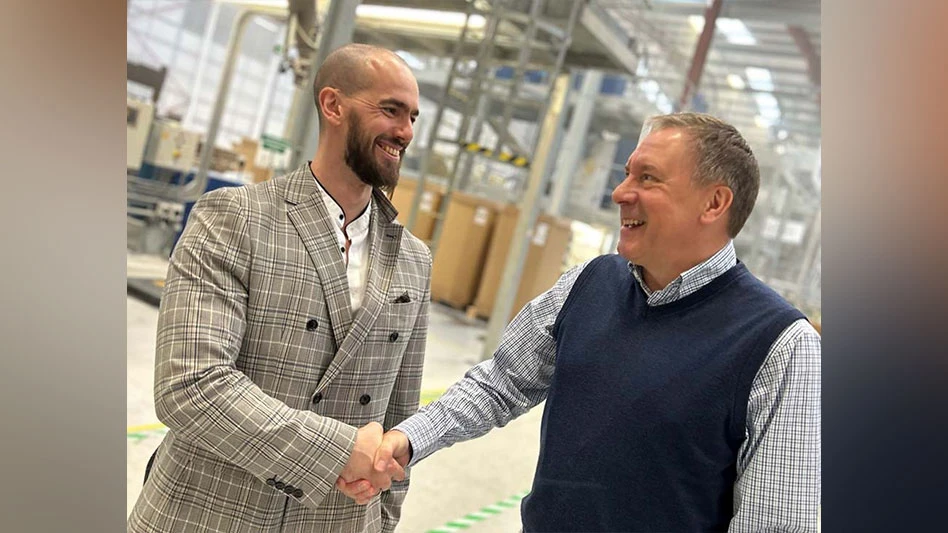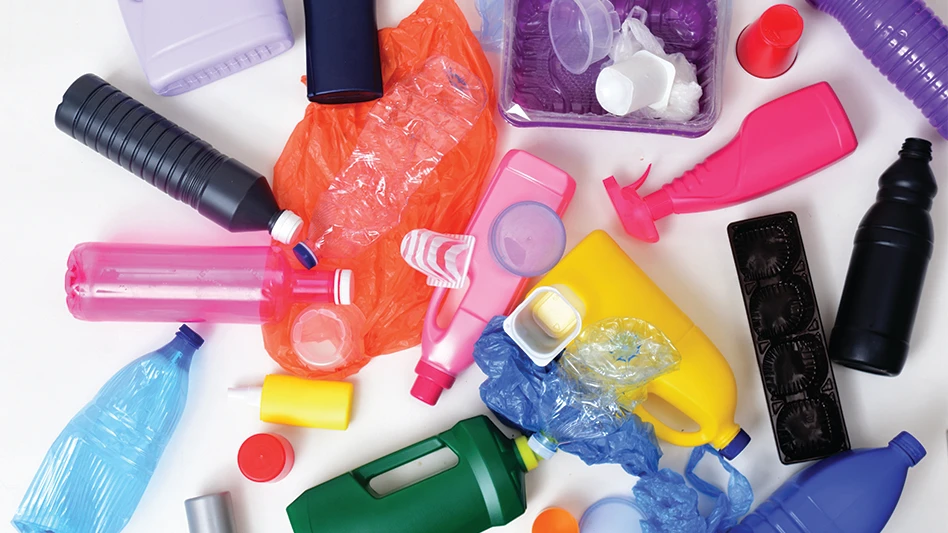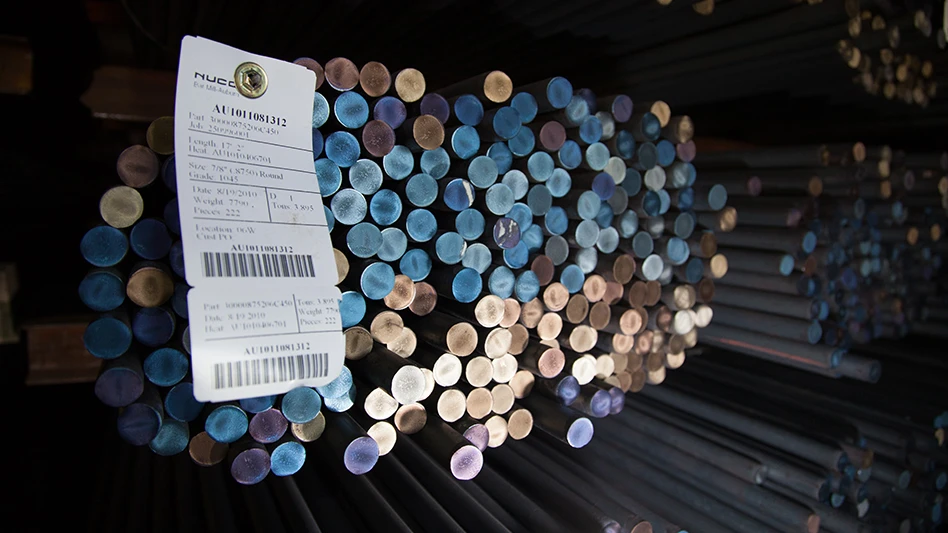
Photo courtesy of Aquapak.
Aquapak Polymers Ltd. has partnered with the University of Birmingham to address end-of-life plastics.
The three-year project, called Prosperity Partnership, is funded by Aquapak, based in the United Kingdom; the Engineering and Physical Sciences Research Council (EPSRC), Swindon, United Kingdom; Germany-based Siemens; and the University of Birmingham, with a combined value of approximately $2 million.
Aquapak says the consequences of end-of-life plastic being landfilled or incinerated, including increased greenhouse gas emissions and soil and water pollution, were the driving factors for creating this partnership. Prosperity Partnership seeks to increase the recyclability of plastics and invest in plastic alternatives, such as biodegradable polymers, the company says.
The partnership will help Aquapak develop new bioderived polymers through the application of novel optimization techniques and enhance its existing recyclable and biodegradable polymer products, the company says.
RELATED: Aquapak targets new CEPI recyclability standard for its Hydropol polymer
“This is an exciting project which brings together Aquapak’s expertise with leading experts from a range of disciplines from the University of Birmingham,” says John Williams, chief technology officer at Aquapak. “The objective is to optimize and scale up Aquapak’s capabilities and support the discovery and development of new products.”
Aquapak highlights three long-term ambitions of the partnership:
- to use the diverse skills of the multidisciplinary team to help Aquapak develop digitally driven research and development capabilities;
- to use these capabilities to facilitate efficient artificial intelligence (AI) enabled optimization of Aquapak’s primary processes and development of new products with novel functionality; and
- to facilitate the wider adoption of Aquapak’s recyclable and biodegradable polymer products.
The project brings together a multidisciplinary team of researchers from the University of Birmingham’s schools of chemical engineering, chemistry, mechanical engineering, metallurgy and materials and physics. Aquapak says this will provide an array of tools, including positron, x-ray and optical imaging capabilities, particle, fluid, process and chemical kinetic modelling capabilities and diverse machine learning (ML), AI and data science skills, alongside experimental and computational facilities.
“This is an important partnership between two institutions which has the potential to solve one of the greatest environmental challenges of our time and stands to bring significant economic benefit to an area where three fifths of households live in deprivation,” says Kit Windows-Yule, University of Birmingham project lead.
Latest from Recycling Today
- Indiana county awarded $65K recycling grant
- Mixed paper, OCC prices end year on downward trend
- Updated: CAA submits final draft program plan in Oregon
- Enviri names new president of Harsco Environmental business
- Survey outlines ‘monumental challenge’ of plastic packaging collection in UK
- Nippon Steel acknowledges delay in US Steel acquisition attempt
- BASF collaborates to study mechanical plastic recycling
- Commentary: navigating shipping regulations for end-of-life and damaged batteries





